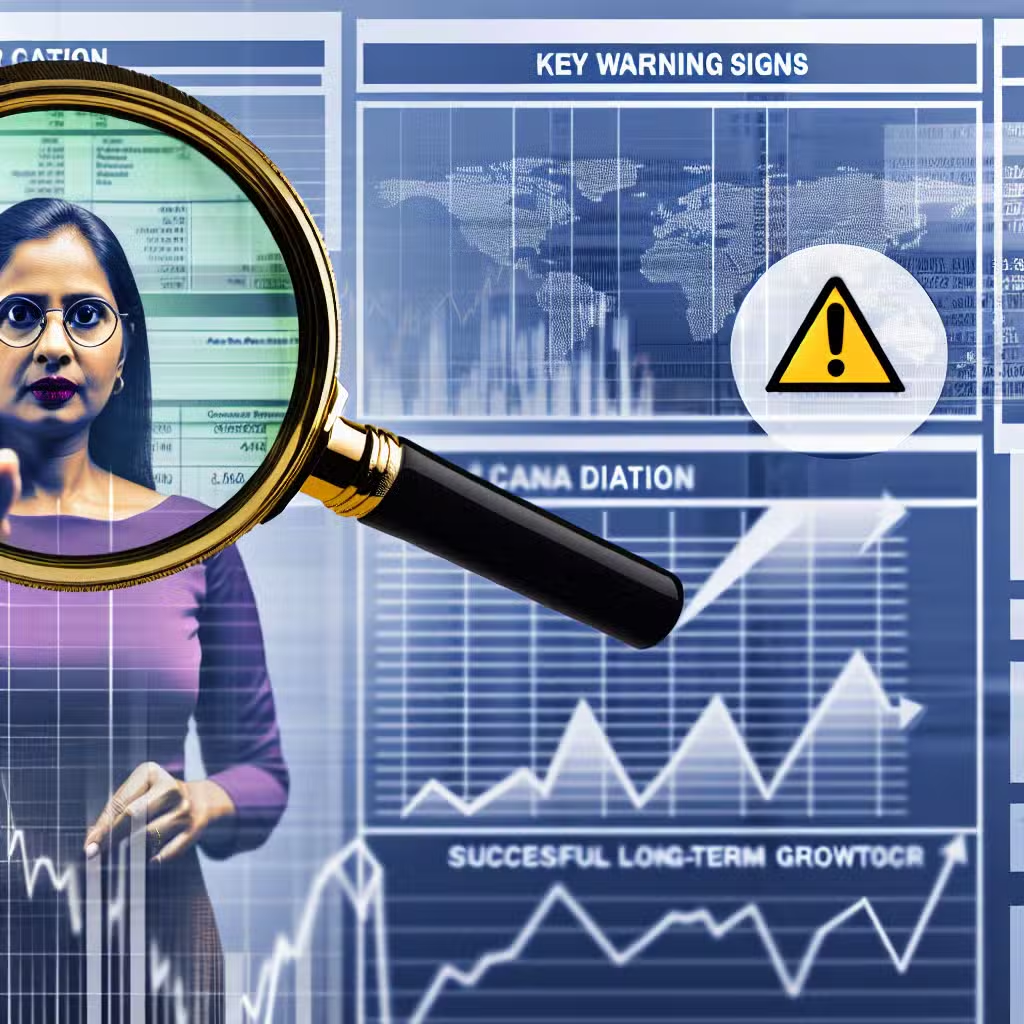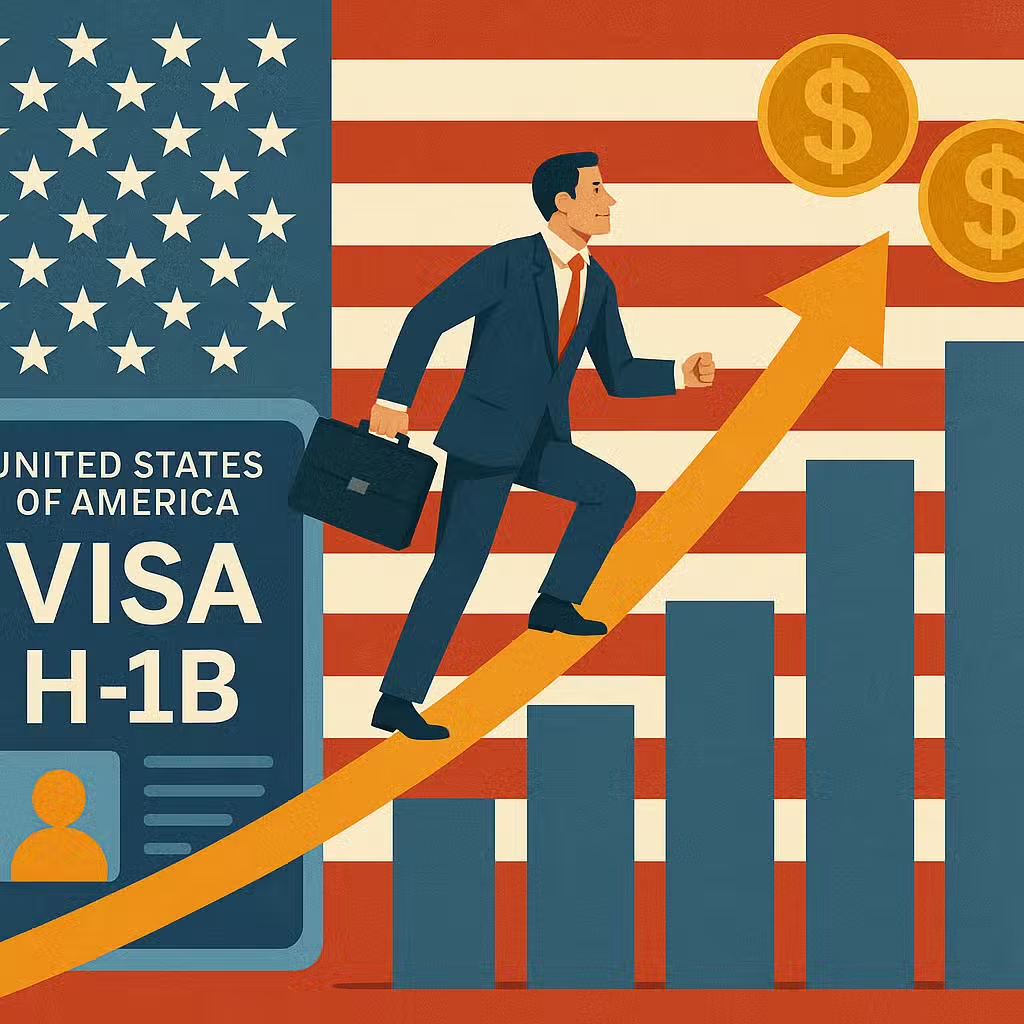Practical Strategies to Regain Financial Stability and Protect Your Investments After Setbacks
Imagine your bank account is like a garden. If you water it too much, things can get messy—but with the right tools, you can help it grow strong again. Overspending happens to the best of us, but learning how to bounce back matters for your financial future.
Why Overspending Matters for Investors
When you overspend, it’s not just about having less money for groceries or fun. It also means you have less to invest, which can hurt your long-term goals. Investors need to keep a close eye on spending so they can put more money into stocks, bonds, or real estate—things that grow wealth over time.
The Bull Case: How You Can Recover
- Face the Facts: Gather all your receipts and bills. Being honest with yourself is the first step to making a change.
- Trim Unneeded Spending: Look at your budget and cut out things you don’t use. For example, Deloitte found the average American spends $69 a month on subscriptions. Cancel the ones you don’t really need. (source)
- Attack High-Interest Debt: Focus on paying off credit cards or loans with the highest interest rates first. This saves you money in the long run.
- Build an Emergency Fund: Aim to save at least three months’ worth of living expenses. Start small—first $500, then $1,000, and keep going.
- Automate Good Habits: Set up automatic transfers to your savings account. This makes saving easier and less stressful.
The Bear Case: Why Overspending Can Hurt
- Less Money to Invest: Every dollar you overspend is a dollar not working for you in the market.
- Debt Grows Quickly: High-interest debt, like credit cards, can snowball fast. The average credit card interest rate in the U.S. is over 20% (Federal Reserve).
- Emotional Toll: Money stress can lead to anxiety and even more spending, creating a tough cycle to break.
- Missed Opportunities: Overspending now might mean missing out on market gains, especially during times when stocks or other assets are growing.
What the Experts Say
Rachel Cruze, a personal finance expert, says knowing your spending habits helps you make better choices. If you find that shopping online makes you overspend, try deleting your saved credit card info or spending less time on those sites.
Building an emergency fund is also a key step. Most experts recommend saving at least three months’ worth of expenses, but even starting with a few hundred dollars can make a big difference during unexpected events.
Historically, people who stick to a budget and invest regularly see their wealth grow. A study from Vanguard found that investors who automate their savings and investments are more likely to reach their goals (Vanguard).
Investor Takeaway
- Check your spending monthly—even small leaks can sink a big ship over time.
- Cut out subscriptions and services you don’t truly use. Redirect that money into investments or savings.
- Make a plan to pay down high-interest debt fast. Paying less in interest means more to invest.
- Start an emergency fund, even if you begin with just $100. Every bit helps you avoid debt in a crisis.
- Automate your good habits—set up automatic transfers to savings and investments, so you don’t have to think about it.
Remember, financial slip-ups happen to everyone. What matters is taking action today so your money can work for you tomorrow.
For the full original report, see Yahoo Finance






